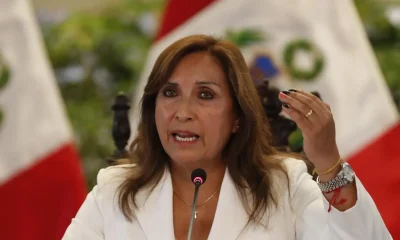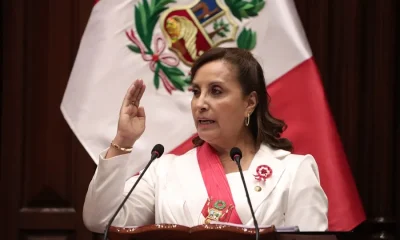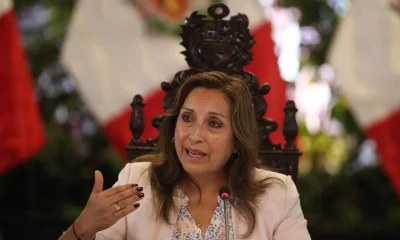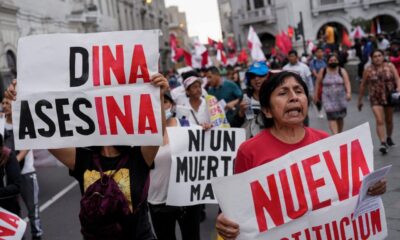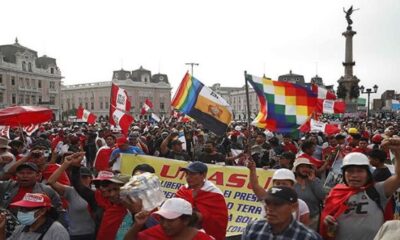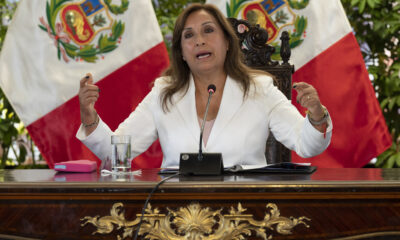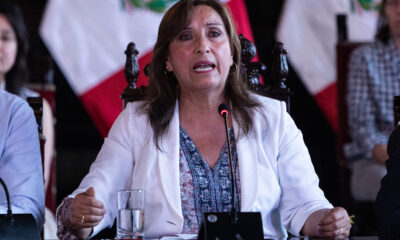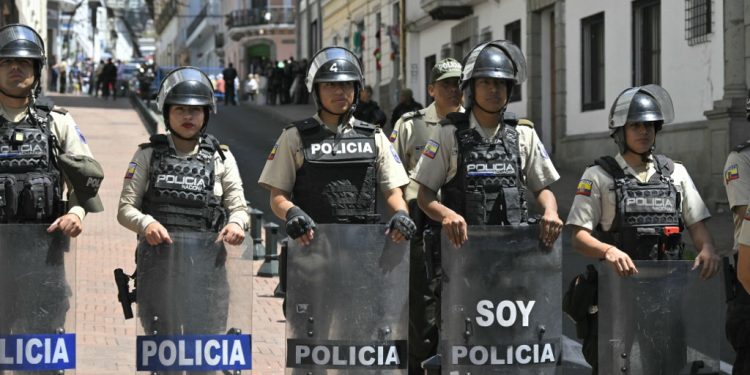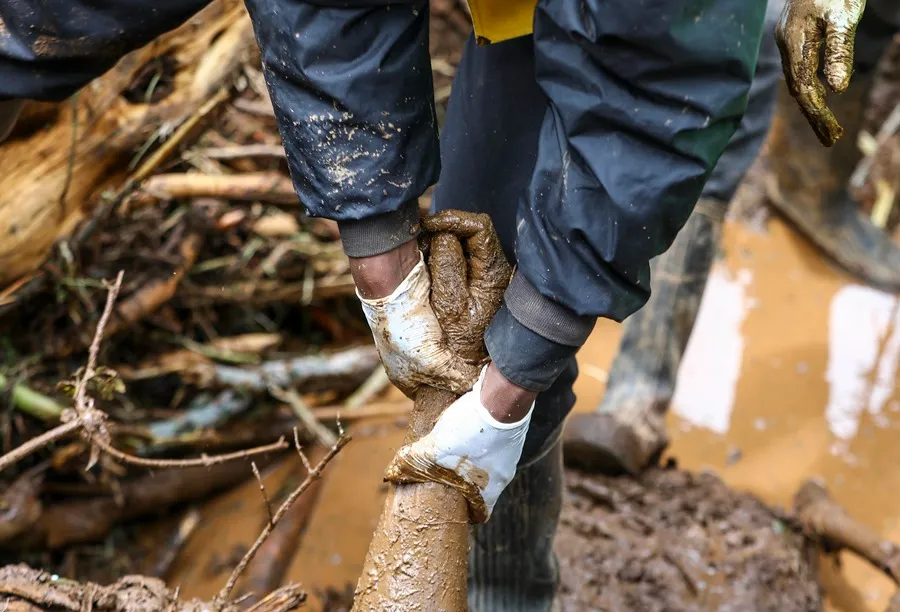International
Peruvians call for popular mobilization against Boluarte’s government
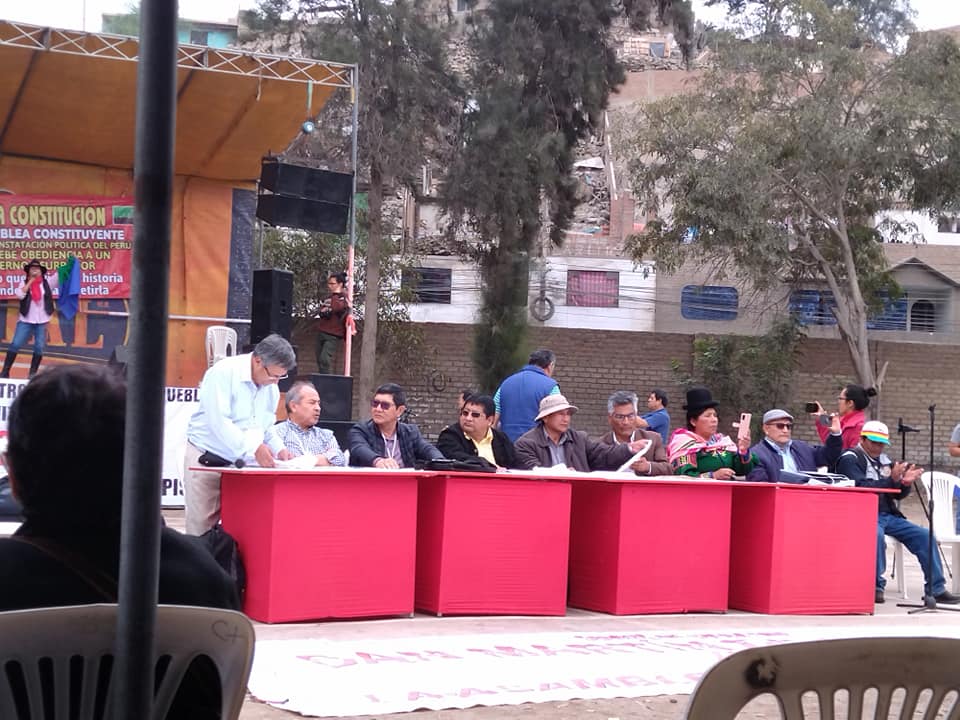
International
Ecuador declares state of emergency in five provinces to combat organized crime
International
Argentine president criticizes spanish PM amidst political row
International
The death toll of the devastating floods in Kenya amounts to 210
-
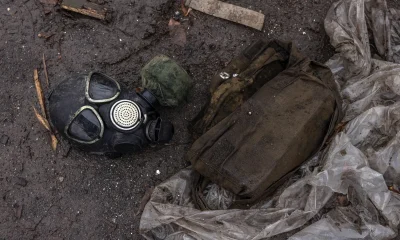
 International3 days ago
International3 days agoThe United States accuses Russia of using chemical weapons against Ukraine
-

 International3 days ago
International3 days ago‘Gaby’ Carrizo, the unpopular ruling presidential candidate for the Presidency of Panama
-

 International3 days ago
International3 days agoTrump promises the largest deportation of migrants in history, “they are going to destroy the country”
-
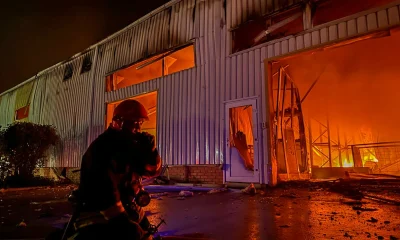
 International3 days ago
International3 days agoRussia destroys postal infrastructure in Odessa in another ballistic missile attack
-

 International3 days ago
International3 days agoThe trial against Daniel Sancho in Thailand concludes and the reading of the sentence is set for August 29
-

 International3 days ago
International3 days agoTrump defends that each state can legislate on abortion after the restriction in Florida
-
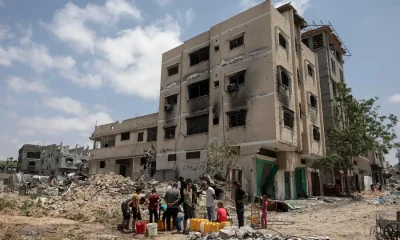
 International1 day ago
International1 day agoDeaths in Gaza rise to 34,622, after the deaths of 26 people in the last few hours
-
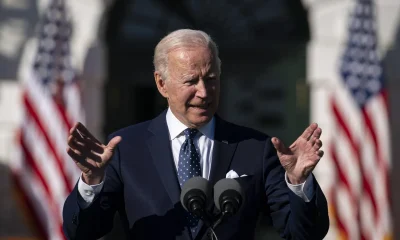
 International3 days ago
International3 days agoThe Biden administration will forgive $6.1 billion in debt of art students
-

 International1 day ago
International1 day agoThe death toll of the devastating floods in Kenya amounts to 210
-

 International1 day ago
International1 day agoZelenski informs David Cameron of the course of the war in Ukraine
-

 International1 day ago
International1 day agoDenmark will raise the limit for abortion from 12 to 18 weeks
-

 International1 day ago
International1 day agoStarmer asks Sunak to call elections after the Labour advance in the municipal elections
-
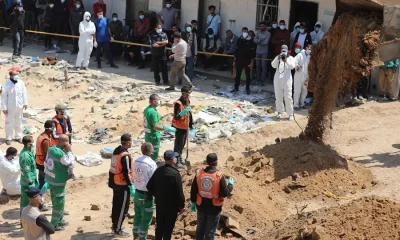
 International3 days ago
International3 days agoA reputed surgeon from Gaza’s Al Shifa hospital dies in an Israeli prison
-
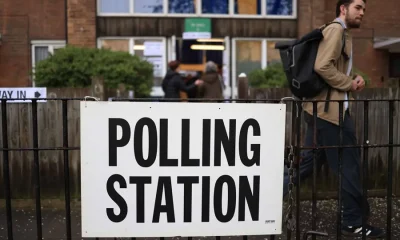
 International3 days ago
International3 days agoThe polling stations open in the municipal by-elections in England
-
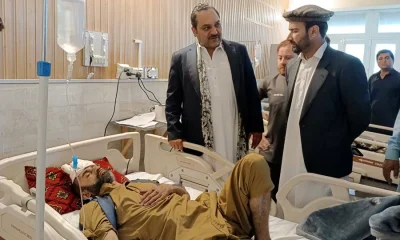
 International1 day ago
International1 day agoAt least 20 dead and 21 injured when a bus crashed through a ravine in Pakistan
-
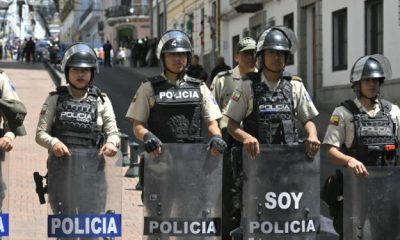
 International17 hours ago
International17 hours agoEcuador declares state of emergency in five provinces to combat organized crime
-

 International3 days ago
International3 days agoBlinken praises a truce proposal and Netanyahu gets stuck in his rejection at the end of the war
-

 International3 days ago
International3 days agoUS lawmakers threaten reprisals to the ICC if it issues orders against Israel
-

 International17 hours ago
International17 hours agoArgentine president criticizes spanish PM amidst political row
-
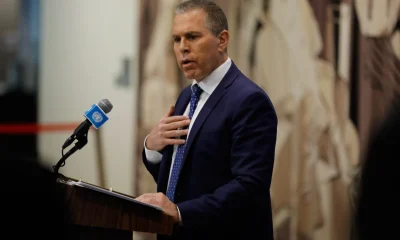
 International3 days ago
International3 days agoIsrael compares the protests in Columbia at the UN with a passage from Nazi Germany
-

 International3 days ago
International3 days agoNew York Police surround the protest of the Columbia University campus
-
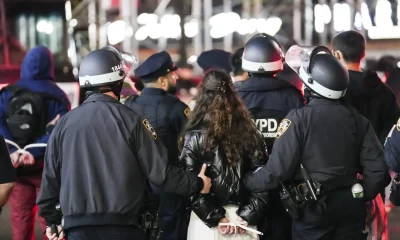
 International3 days ago
International3 days agoNew York puts 282 detainees in pro-Palestinian university protests with “external agitators”
-

 International3 days ago
International3 days agoThe United States will take a historic step by classifying marijuana as a low-risk drug
-
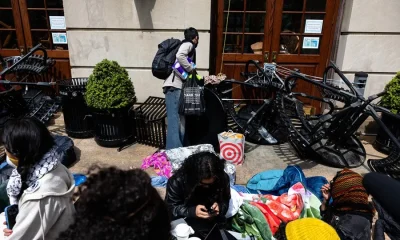
 International3 days ago
International3 days agoThe debate is growing about whether student protests in the US are anti-Semitic or anti-war
-

 Internacionales3 days ago
Internacionales3 days agoPetro denounces missing more than one million projectiles and ammunition from military bases


















